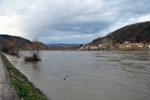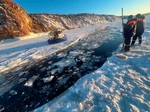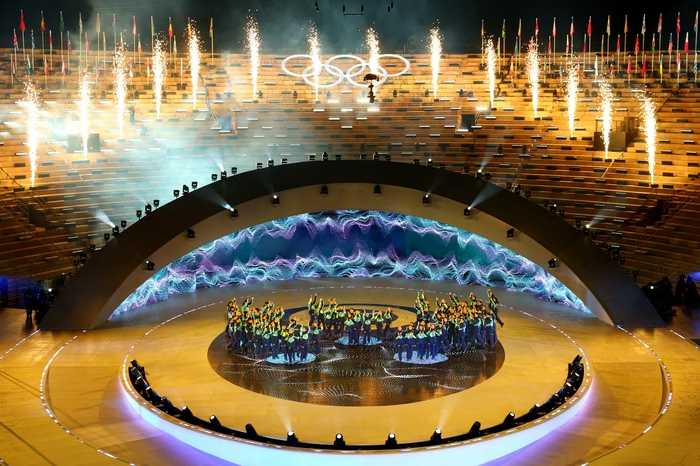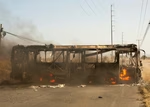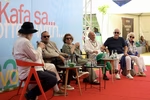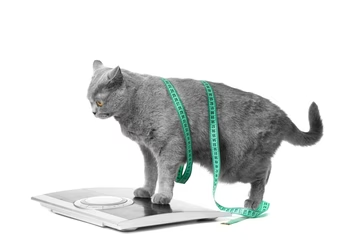
Bosnia’s NATO accession is unlikely for now regardless of any earlier decisions state institutions made because those cannot overrule the will of a constitutional ethnic group and a semi-autonomous entity within Bosnia, Deputy Chairman of the State House of Representatives, Nebojsa Radmanovic, said on Wednesday.
He was referring to a decision Bosnia’s Serb-dominated Republika Srpska (RS) entity, which last year adopted a Resolution on Military Neutrality.
Most Serbian and Bosnian Serb politicians dislike NATO since the alliance’s bombing of Bosnian Serb artillery positions during the 1992-1995 Bosnian war and its airstrikes on Serbia during the 1999 Kosovo conflict.
Nevertheless, Radmanovic personally submitted Bosnia’s request for a Membership Activation Plan (MAP), an essential step on the country's path toward membership in the alliance, in 2009 when he served as the Bosnian Serb member of the country’s tripartite presidency.
He and his party then changed their mind again when neighbouring Serbia declared military neutrality, which meant it had no intention to join the military alliance. As long as Serbia stays out of it, the Bosnian Serbs will stay out of it, officials from Radmanovic’s party, the Alliance of Independent Social Democrats (SNSD), have been saying.
“There will be no NATO. Not only NATO but no other alliances on this territory,” Radmanovic reiterated that position on Wednesday, dismissing the one from 2009.
“It is impossible to insist on the path toward NATO now based on some old decisions from ten years ago when one entity and one constitutional group does not want that,” Radmanovic said.
He explained his signing of the 2009 document with the fact that such a decision is made by Bosnia’s three presidents through consensus.
“The three of us made the decision on the candidacy for the MAP. I voted for it because that was the stance of the RS National Assembly at the time, to go toward NATO,” he said, adding that it was not a decision made by him, “but by everybody in the RS.”
He explained that Bosnia has entered “the third phase of the tragic events that took place on this territory regarding Bosnia’s Armed Forces.”
The first phase was from the end of the war in 1995 until 2005, he explained.
“Back then everybody had their own army, their own path. But then the joint Armed Forces of Bosnia and Herzegovina were formed with the determination of all to fo toward the NATO alliance,” he said. “This lasted until last year when the RS changed its stance and took the stance of neutrality.”
The current Bosnian Serb member of the Presidency is Milorad Dodik, who is the leader of the party Radmanovic belongs to has stated recently that NATO accession would be a “humiliation” for Serbs.
It is clear that two of the three constitutional peoples in Bosnia want the country to be a NATO member, but that the third group does not want it, Radmanovic said. “Something has to be agreed regarding that and it will be very difficult and will happen very slowly.”
He also spoke about the possibility of Bosnia granting recognition to Kosovo as an independent state, saying that this is, at the moment, “impossible.”
An agreement between the three presidents is needed for this to happen, and even before Dodik was in the Presidency, none of the previous Bosnian Serb Presidency members agreed to it.
“This is simply about the bond between the RS and Serbia and that is what we think about. For us, Kosovo is still part of the Republic of Serbia, and we do not accept the self-declared secession,” he said.
Kakvo je tvoje mišljenje o ovome?
Učestvuj u diskusiji ili pročitaj komentare





 Srbija
Srbija
 Hrvatska
Hrvatska
 Slovenija
Slovenija












